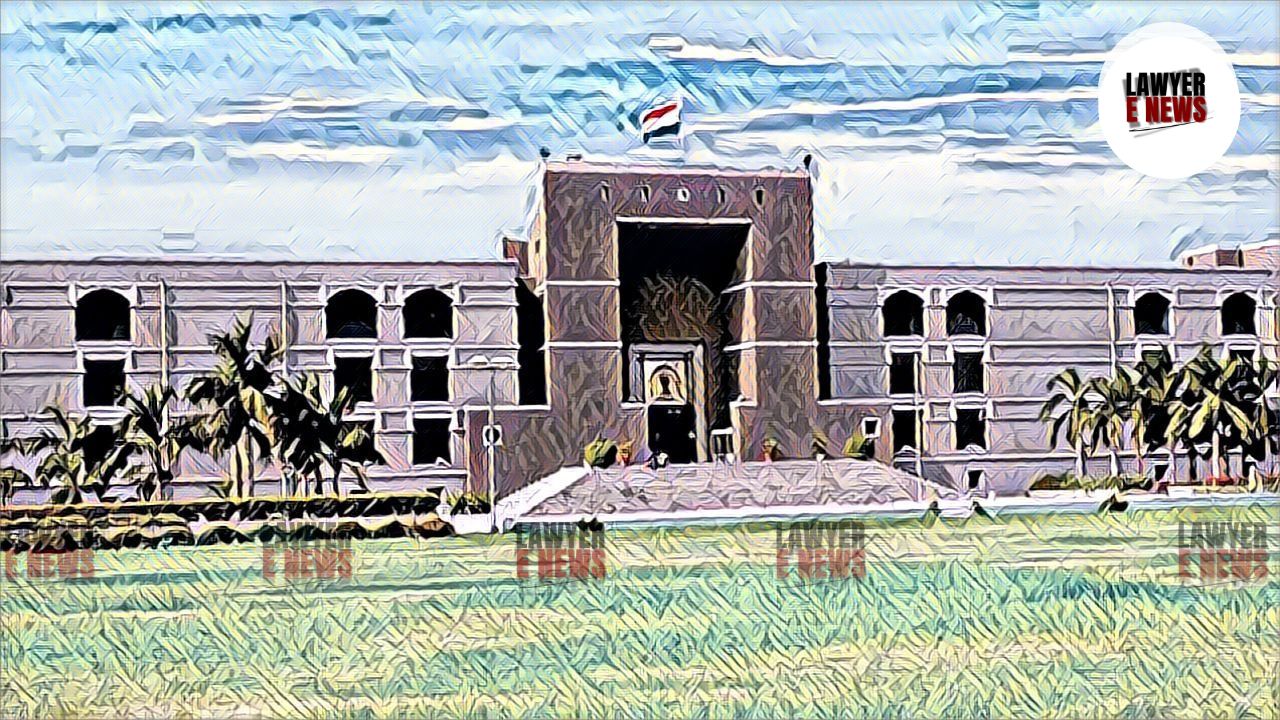-
by Admin
15 February 2026 5:35 AM



Court directs termination of 16-week pregnancy, emphasizing victim’s mental health and reproductive autonomy under the MTP Act. The Gujarat High Court, in a significant judgment dated May 17, 2024, allowed a 19-year-old rape survivor to terminate her 16-week pregnancy. Justice Nisha M. Thakore underscored the victim’s right to make decisions regarding her body, citing the critical importance of her mental and physical well-being. The decision aligns with recent interpretations of the Medical Termination of Pregnancy (MTP) Act, recognizing the reproductive rights of women, irrespective of marital status.
The petitioner, a 19-year-old woman residing in Ahmedabad, sought the court's intervention to terminate her pregnancy resulting from a rape incident. The petitioner, working in a call center to support her family, developed a relationship with an AMTS bus conductor, Mitesh Himmatbhai Thakor. Despite initial consent for engagement from both families, Thakor exploited the petitioner’s loneliness to establish a physical relationship against her will. When the petitioner informed Thakor about her pregnancy, he abandoned her and fled to his native place. The petitioner then lodged an FIR under Sections 376(2)(f) and 376(2)(n) of the IPC. Subsequently, she approached the court for permission to terminate the pregnancy.
Justice Thakore emphasized the victim's reproductive rights, quoting from recent Supreme Court rulings: "A woman alone has the right over her body and is the ultimate decision-maker on the question of whether she wants to undergo an abortion." The court noted that forcing a rape survivor to continue with the pregnancy would inflict further trauma and violate her constitutional rights.
The court highlighted the severe mental and physical health implications for the petitioner, observing that "continuation of the pregnancy would cause grave adverse effects not only on her mental but her physical health as well." The judge acknowledged the social stigma and financial instability that would exacerbate the petitioner’s challenges if forced to carry the pregnancy to term.
Justice Thakore referred to the MTP Act and relevant Supreme Court judgments, particularly focusing on Section 3(2)(b) of the Act, which allows termination of pregnancies up to 24 weeks for certain categories of women, including rape survivors. The court adopted a purposive interpretation, asserting the Act's aim to safeguard the reproductive autonomy and mental health of women.
The court took into account a detailed medical report from GMERS Medical College, confirming the petitioner’s pregnancy was 16 weeks and 2 days with no gross congenital fetal anomaly. The report deemed the petitioner fit for termination under the MTP Act, albeit with associated risks. The medical panel's recommendation and the petitioner’s consent were pivotal in the court’s decision.
Justice Thakore remarked, “The petitioner has expressed her free consent for termination of pregnancy, which appears to be without any fear or under any pressure. Her mother has similarly expressed and supported her decision.” This highlights the court's recognition of the petitioner’s autonomy and informed consent.
This judgment reaffirms the judiciary’s commitment to upholding the reproductive rights of women, especially in cases involving sexual violence. By permitting the termination of the petitioner's pregnancy, the Gujarat High Court has set a precedent that underscores the importance of mental health and the autonomy of women over their bodies. This decision is expected to influence future cases, reinforcing the legal framework that protects women’s rights to make reproductive choices.
Date of Decision: 17 May 2024
ABC vs. State of Gujarat & Ors.
